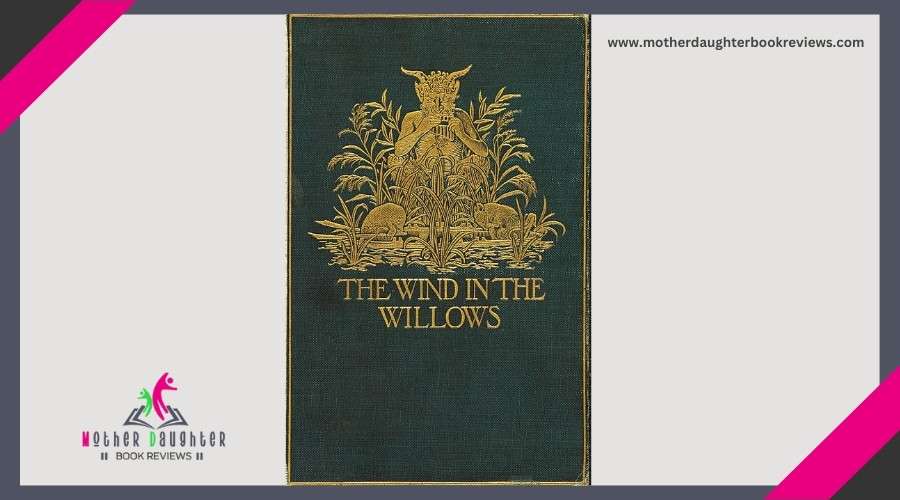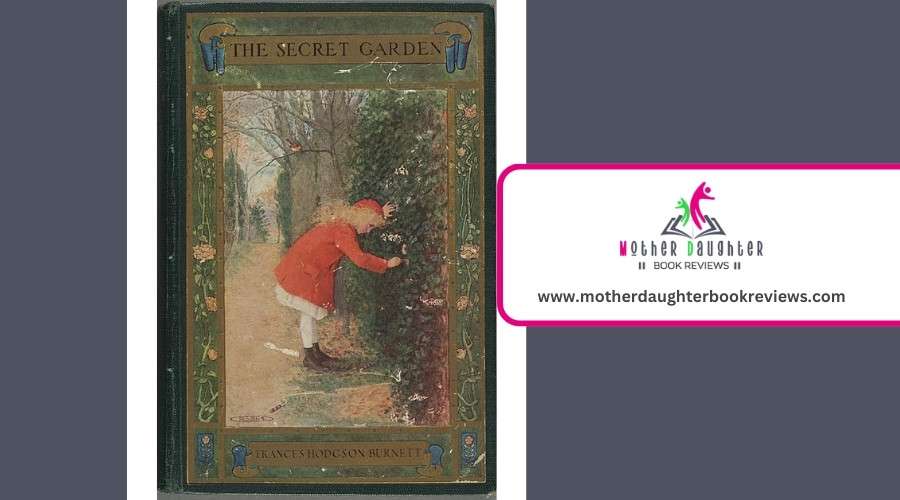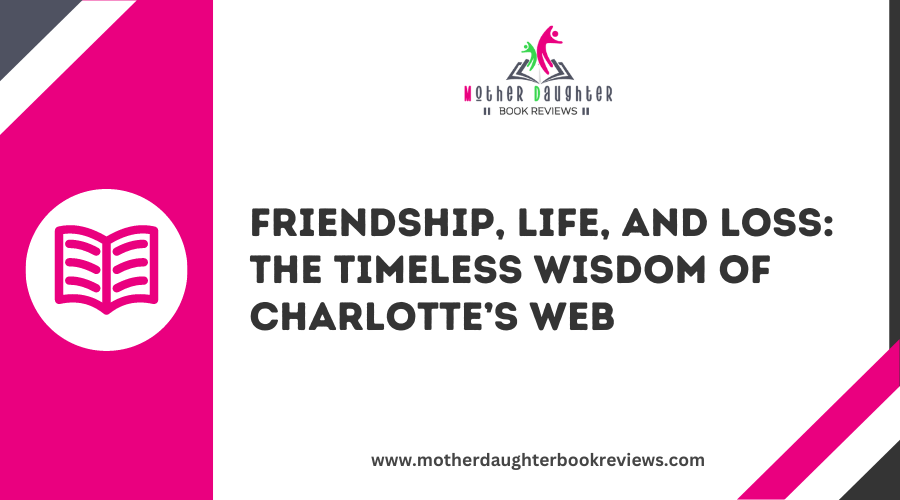Heroism and Friendship in The Epic of Gilgamesh
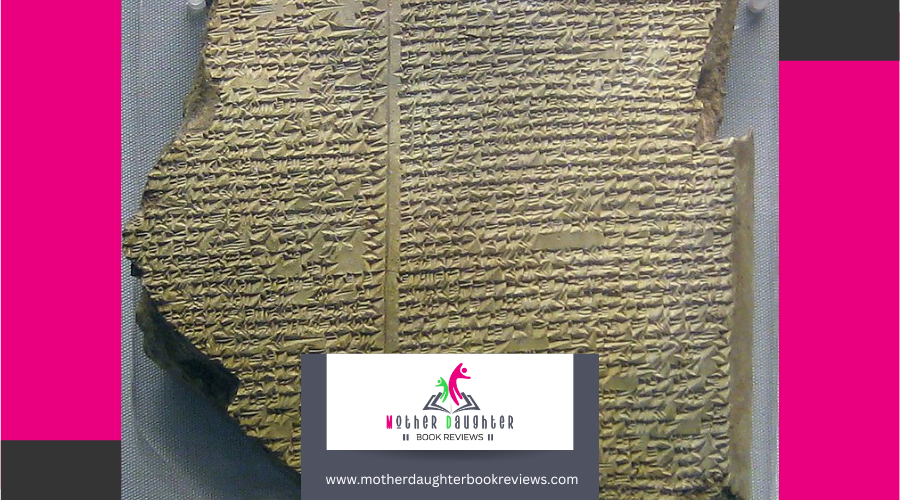
The Epic of Gilgamesh is a Mesopotamian classic where Gilgamesh, the heroic king of Uruk, and Enkidu, the wild man, set off on incredible quests. From battling the ferocious guardian Humbaba in the Cedar Forest to defeating the destructive Bull of Heaven, their bond strengthens through each challenge. Enkidu's haunting dream about the underworld pushes Gilgamesh to seek immortality, leading him to profound lessons from Utnapishtim.
Gilgamesh: The Hero King
In the ancient city of Uruk, Gilgamesh reigned as a powerful and charismatic king whose adventures have echoed through the ages. You're drawn into his story not just for his strength and leadership but for his relentless pursuit of fame and immortality. Gilgamesh wasn't just any ruler; he was two-thirds divine and one-third human, making him extraordinary yet relatable.
As you explore his epic, you'll encounter a man who built towering walls around Uruk, showcasing his architectural prowess and desire to protect his people. But Gilgamesh's heart yearned for more than mere mortal achievements. His odyssey led him to confront mighty beasts and seek wisdom from ancient sages. Each adventure tested his courage and shaped his character, highlighting his growth from a tyrannical ruler to a wise leader.
You can't ignore his determination to defy the natural order, searching for the secret of eternal life. This quest wasn't just about defying death but understanding what it means to be human. Through his trials, Gilgamesh learned that true immortality lies in the legacy one leaves behind. His story inspired generations, illustrating the timeless pursuit for purpose and meaning.
Enkidu: The Wild Man
Though Gilgamesh's story is compelling, it's Enkidu, the wild man, who brings a unique dimension to the epic. As you explore the tale, you'll uncover Enkidu's origins are quite extraordinary. Created by the goddess Aruru from clay, he's meant to be a counterbalance to Gilgamesh's unchecked power. Enkidu lives among the animals, drinking from streams and eating grass, untouched by civilization. His raw, untamed nature represents the untamed spirit of the wild.
But beyond his primal existence, Enkidu's introduction challenges the norms of society. You see him initially disrupting the hunters' traps, protecting the animals from human encroachment. This act of defiance hints at his role as a bridge between nature and humanity. His strength and innocence stand in stark contrast to the sophisticated yet often ruthless world of Uruk.
Enkidu's shift from wilderness to civilization begins when he's lured by Shamhat, a temple prostitute. This crucial moment marks the start of his transformation, shedding light on the power of human connection. Enkidu's expedition from an untamed being to a civilized man underscores the themes of change and growth, setting the stage for the profound friendship and adventures that follow.
The Friendship Begins
As the sun rises over Uruk, the bond between Gilgamesh and Enkidu begins to take shape, altering the course of their lives. You witness this friendship spark when the two mighty figures initially clash in the streets of Uruk. Their initial confrontation is fierce, each testing the other's strength and resolve. Yet, instead of harboring animosity, Gilgamesh and Enkidu find mutual respect in their shared power and spirit.
You see Enkidu, the wild man, brought from the wilderness to civilization, standing his ground against the mighty king. Gilgamesh, renowned for his unmatched strength, meets his equal for the initial time. As they grapple and struggle, the people of Uruk gather, astonished by the spectacle. Their fight ends in a draw, but it marks the beginning of an inseparable bond.
From that moment, Gilgamesh and Enkidu's friendship deepens. They share adventures, dreams, and a sense of purpose. Enkidu's presence tempers Gilgamesh's arrogance, while Gilgamesh offers Enkidu a connection to the human world he had never known. Together, they become more than friends; they become brothers, united in their quest for glory and meaning.
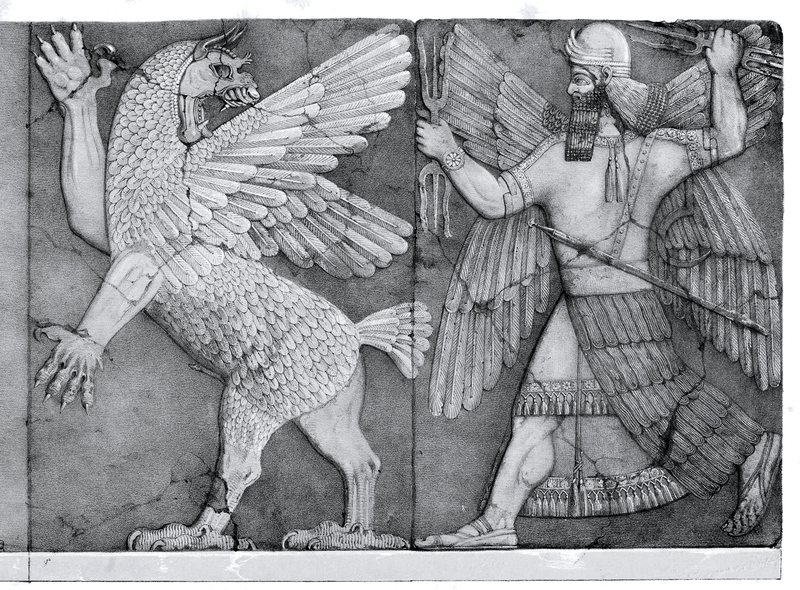
Battle With Humbaba
The dense forest looms ahead, its towering cedar trees casting long shadows as you and your companions venture deeper into the unknown. Every step you take seems to echo with the whispers of ancient spirits. Gilgamesh, your fearless leader, strides ahead, his eyes set on the heart of the forest where the monstrous Humbaba dwells. Enkidu, your trusted ally, walks beside you, his presence a comforting reminder of your shared strength.
Suddenly, the ground trembles, and a terrifying roar pierces the silence. Humbaba, the fearsome guardian of the Cedar Forest, emerges, his face twisted in rage. You draw your weapon, your heart pounding in your chest. Gilgamesh, undeterred, charges forward, his sword gleaming in the dim light. Enkidu flanks him, ready to strike.
The battle is fierce and relentless. Humbaba's immense strength seems insurmountable, but you fight with every ounce of courage. Gilgamesh lands a powerful blow, and Enkidu seizes the moment to attack. Ultimately, with a decisive strike, Gilgamesh brings Humbaba to his knees. The guardian falls, defeated, and you stand victorious, your bond stronger than ever.
The Bull of Heaven
Victory fills the air, but your respite is short-lived. Fresh from your triumph over Humbaba, you and your loyal friend Enkidu face the wrath of Ishtar. Angered by Gilgamesh's rejection, the goddess of love and war demands retribution. She sends the fearsome Bull of Heaven to wreak havoc upon Uruk, causing earthquakes and massive destruction.
You and Enkidu confront this celestial beast, undeterred by its immense power. The Bull's mighty roar shakes the ground, and its nostrils flare, spewing fire. It charges with relentless fury, causing chaos in its wake. But your combined strength and bravery shine through. As the Bull lunges, Enkidu seizes its horns, holding it steady. With precision and courage, you strike the fatal blow, bringing the monster down.
The people of Uruk rejoice, celebrating your valor and heroism. Yet, the victory comes at a cost. Ishtar, humiliated and enraged, curses you both. The shadow of her vengeance looms over your heads, setting the stage for the next trials you must endure. Despite the cheers and accolades, a sense of foreboding lingers, hinting at the darkness yet to come.
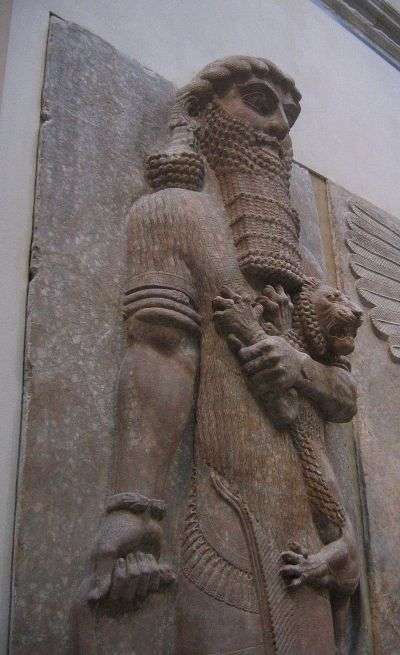
Urban at French Wikipedia, Hérosmaîtrisantunlion, CC BY-SA 3.0
Enkidu's Dream
In the quiet of the night, Enkidu's sleep is shattered by a haunting vision. You see him tossed and turned, his face twisted in agony. In his dream, an ominous force drags him down into the dark, oppressive underworld. Shadows consume him, and the air grows thick with despair. He sees himself standing before the gods, who pass judgment upon his actions. The once mighty hero is now powerless, stripped of his strength and glory.
Enkidu's dream reveals a chilling house of dust, where the dead reside. The walls are lined with feathers, and the food is clay. He sees kings and rulers reduced to the same grim fate, and he realizes the inevitability of death. This revelation shakes him to his core. When he wakes, sweat drenches his body, and terror grips his heart.
You watch as Enkidu shares his vision with Gilgamesh, his voice trembling. He describes the horrors of the underworld and the inescapable fate awaiting all mortals. This dream marks a turning point, casting a shadow over their heroic endeavors, and planting the seeds of fear and reflection in both heroes' minds.
The Search for Immortality
Driven by Enkidu's harrowing vision, you and Gilgamesh commence on a quest that transcends mere heroism. The fear of mortality grips both of you, pushing you to seek the elusive secret of immortality. This expedition isn't just about conquering external obstacles; it's a profound exploration of human limits and aspirations.
As you travel together, you encounter several significant moments:
- The Scorpion-Men: Guardians of the gates of the mountain, they challenge your resolve and determination, reminding you that the path to immortality is fraught with peril.
- The Tavern Keeper: Siduri, the wise alewife, offers you counsel, suggesting that the quest for eternal life may be an illusion, urging you to cherish the present.
- The Waters of Death: Traversing these deadly waters, you confront the ultimate test of your courage and commitment, understanding that true immortality may lie beyond physical existence.
Every step of the way, you and Gilgamesh face trials that test your strength, wisdom, and friendship. Through these experiences, you begin to grasp that the search for immortality isn't just about defying death but understanding the essence of life itself.
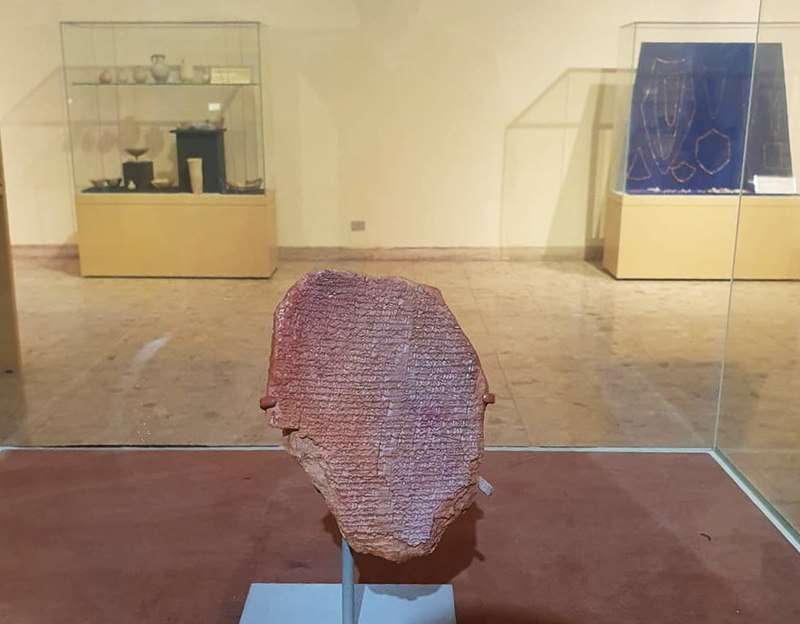
Osama Shukir Muhammed Amin FRCP(Glasg), The Gilgamesh Dream tablet. From Iraq. Middle Babylonian Period, First Sealand Dynasty, 1732-1460 BCE. Iraq Museum, Baghdad, CC BY-SA 4.0
Lessons From Utnapishtim
Upon reaching the distant abode of Utnapishtim, you and Gilgamesh stand on the cusp of revelations that could reshape your understanding of life and death. Utnapishtim, the immortal man, welcomes you and recounts the great flood that led to his eternal life. He explains that the gods granted him immortality as a unique gift, not something easily obtainable by mortals.
You listen as Utnapishtim emphasizes the inevitability of death and the importance of accepting it. He shares that seeking immortality is futile and distracts from living a meaningful life. Through his story, you learn that wisdom, legacy, and relationships are what truly endure.
Utnapishtim further reveals a test for Gilgamesh: to stay awake for six days and seven nights. This challenge underscores human limitations, as Gilgamesh quickly succumbs to sleep. Utnapishtim's wife bakes a loaf of bread each day to mark the time, making it clear that even the mightiest heroes cannot escape their human nature.
In the end, Utnapishtim advises you to cherish the present and make the most of your mortal existence. His lessons remind you that true immortality lies in the impact you leave behind.

